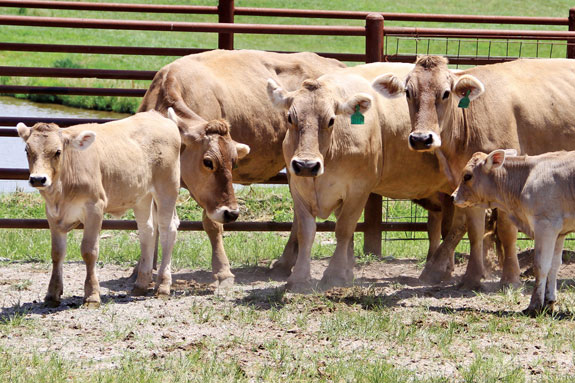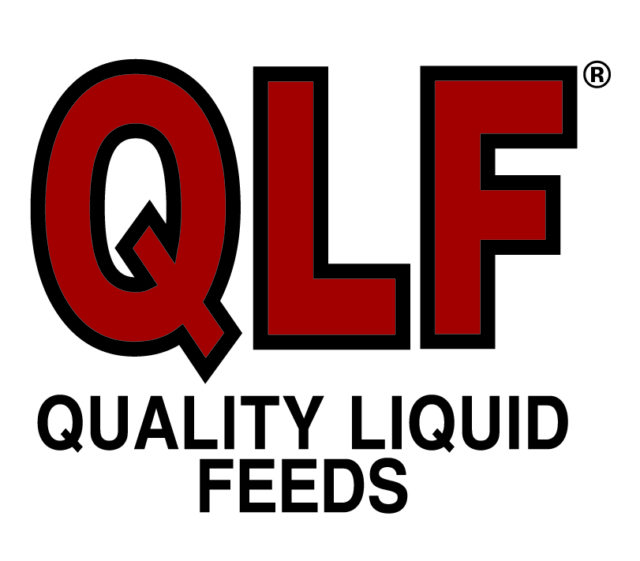The symposium, held June 28 to July 1, was themed “Gateway to Profit” and included two full days of presentations, with the latest in feed efficiencies, producer applications, marketing trends and several sessions on emerging genetic research. Participants toured Sydenstricker Genetics, Circle A Feedyard, McBee Cattle Co., and Warm Springs Farm on the pre-conference events. Post-conference visits included stops at the University of Missouri Research Farm, LaBoube Farms and Guesthouse, Stone Hill Winery and LongView Animal Nutrition Center for Purina Mills.
Alison Van Eenennaam, extension animal genomics and biotechnology specialist with the University of California, Davis, presented material on the value of DNA marker information for beef bull selection. “There is clear value associated with using DNA information,” she said.
DNA has been a valuable tool to identify genetic defects. Prior to these tests, the only way to identify carriers of genetic defects was to do progeny testing, and this was still not totally conclusive. DNA also can be used to assign parentage. This is quite useful in multi-sire pasture situations. Van Eenennaam presented information about genetic testing to test for production traits ranging from fertility and longevity to growth and carcass merit. The question she posed was, “What is the value of these tests?”

Van Eenennaam says one way to improve profitability is to develop a “selection index” that weights all traits on their relative economic importance. Indexes consider the “input,” or expense side, of selection decisions and enable cattle producers to make balanced selection decisions.
Van Eenennaam did a simulation study with a hypothetical multi-trait DNA test to answer the question of “What is the value of DNA tests to increase the accuracy of beef bull selection in the seedstock sector?”
In Van Eenennaam’s study the DNA test information was combined with performance records. The bottom line showed that the increased accuracy of DNA- enhanced EPDs showed values of $54 to $119 for commercial bulls and $3,212 to $5,526 for elite sires (top 3 percent).
Until recently, DNA tests targeted only a handful of traits (e.g. marbling score, tenderness and feed efficiency). As DNA testing becomes more accepted and comprehensive, it will become more important. “The more accurate a test is, the more opportunity there is to accelerate genetic improvement.” ![]()
PHOTO
TOP: At Circle A Angus Ranch in Iberia, Missouri, BIF participants saw a covered feedlot that utilizes a compost segment and controlled climate to enhance cattle comfort in Missouri’s seasonal weather. With no lagoon on the property, the operation has no discernible odor or flies. Photo by Julie Brown.
BOTTOM: A pen of Braunvieh pairs are shown at the McBee Cattle Co. in Fayette, Missouri. BIF symposium participants learned of the company’s Braunvieh genetic hybrids that are crossbred to Angus cattle, called McBeef Builder Hybrids, for high quality and maternal traits. Photo by Julie Brown.






